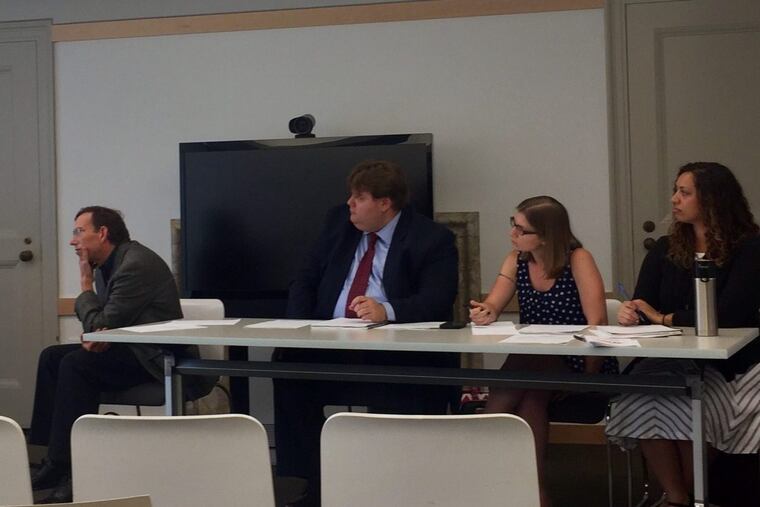Pa. restores LIHEAP funding and extends availability
The state Department of Human Services will continue its regular schedule for the Low-Income Home Energy Assistance Program (LIHEAP) this forthcoming winter, a relief for the thousands of people across the state who rely on the service.

Pennsylvania's Department of Human Services will restore planned cuts to home-heating assistance for the poor this winter, a relief for thousands of people across the state who rely on the service.
Earlier this summer, DHS proposed cutting the time and amount of money it would make available due to potential cuts in the Low-Income Home Energy Assistance Program (LIHEAP), a federal block-grant program administered by the states.
The state agency said it now expects to receive enough federal funding to offer assistance from Nov. 1 to April 6, six weeks longer than initially thought.
Kait Gillis, spokeswoman for the Department of Human Services, said the House Appropriations Committee approved a fiscal 2018 bill in July that included the same level of funding for LIHEAP as in 2017. With that, DHS officials decided that they could count on $209 million, the same level as last year and an improvement from its earlier $153.7 million projection.
In addition, DHS is carrying over $18 million in unused funds from last season, for a total estimated budget of $227.1 million for the 2017-18 winter. Gillis said that "funding will only be definite when Congress passes a budget or continuing resolution."
Advocates were happy to hear about DHS's updated plans.
"DHS has taken a big step in protecting low-income Pennsylvanians by rejecting their initial LIHEAP proposals, which could have resulted in more families losing heat in their homes this winter," Josie Pickens, an attorney for Community Legal Services of Philadelphia, said. "We are pleased that DHS has taken this step to promote health and safety in the commonwealth."
Last winter, 349,232 households in Pennsylvania received LIHEAP benefits. State officials expect that between 350,000 to 375,000 households will qualify during the 2017-18 season.
DHS previously suggested operating between Nov. 27 and March 23, which drew much criticism. Advocates said that November can get very cold and heating assistance is needed, but also noted that March is usually when utility companies prepare to send cutoff notices by April 1, the end of the moratorium for shutting off heat to customers.
Under the new state plan, families with an income of 150 percent of the federal poverty level or below — $36,900 for a family of four — will be eligible to receive a cash minimum of $200 and a maximum crisis grant of $500. Those numbers are consistent with recent years. The state had previously suggested lowering each by $100.
In July, DHS held public hearings in Philadelphia, Pittsburgh, and Harrisburg in which advocates and users of the program criticized the state for starting the season later and cutting it off early. People also complained about the amounts available to families.
Brian Whorl, director of the division of federal programs for DHS, said at the hearing in Philadelphia that if the federal government came through with funding consistent with previous years, DHS would rescind the proposed cuts.
DHS, however, will not be offering supplemental benefits this year. Gillis said the agency wants to make sure to maintain enough money for the regular grants.
"If there is still a surplus at the end of the season, DHS will evaluate extending the season beyond the planned close date and/or issuing LIHEAP supplements at the end of the season," Gillis said.